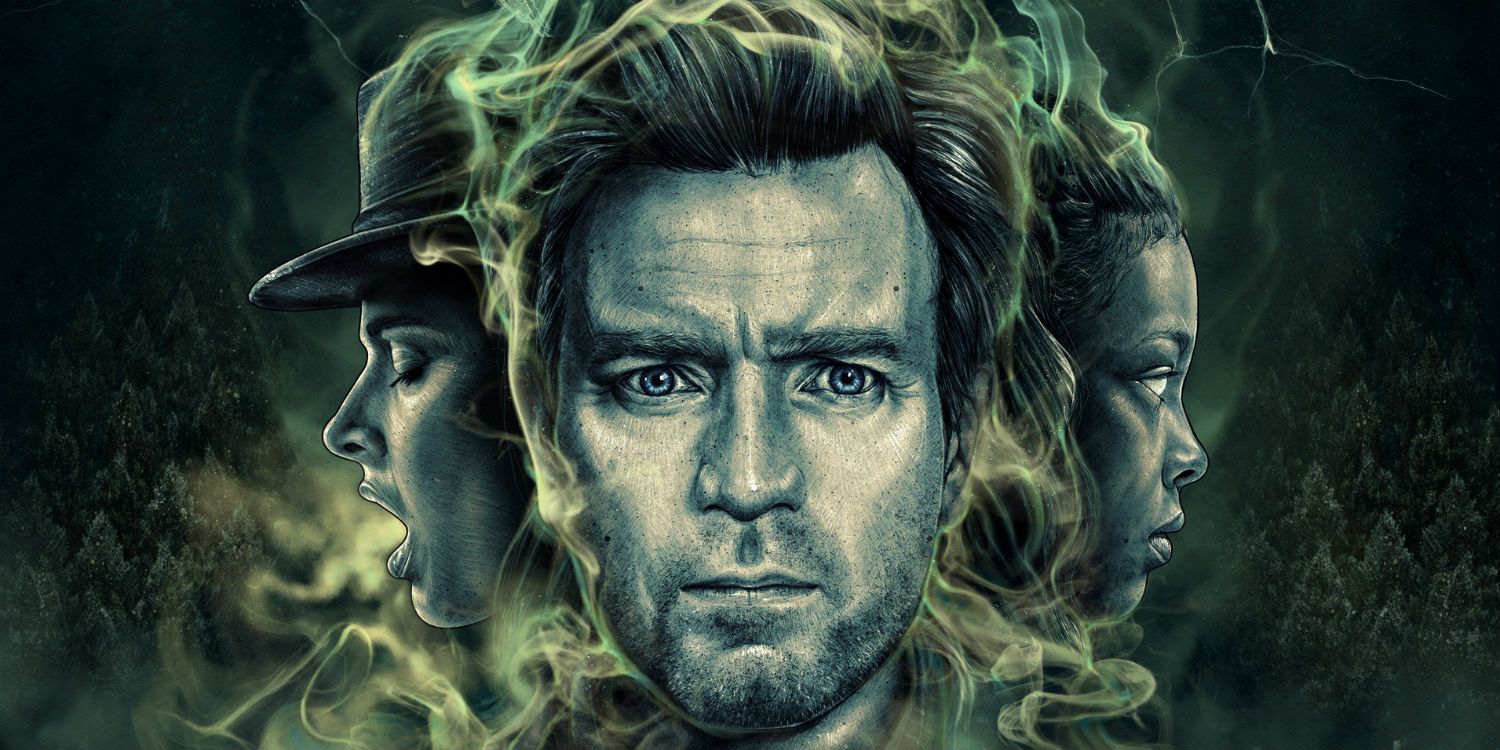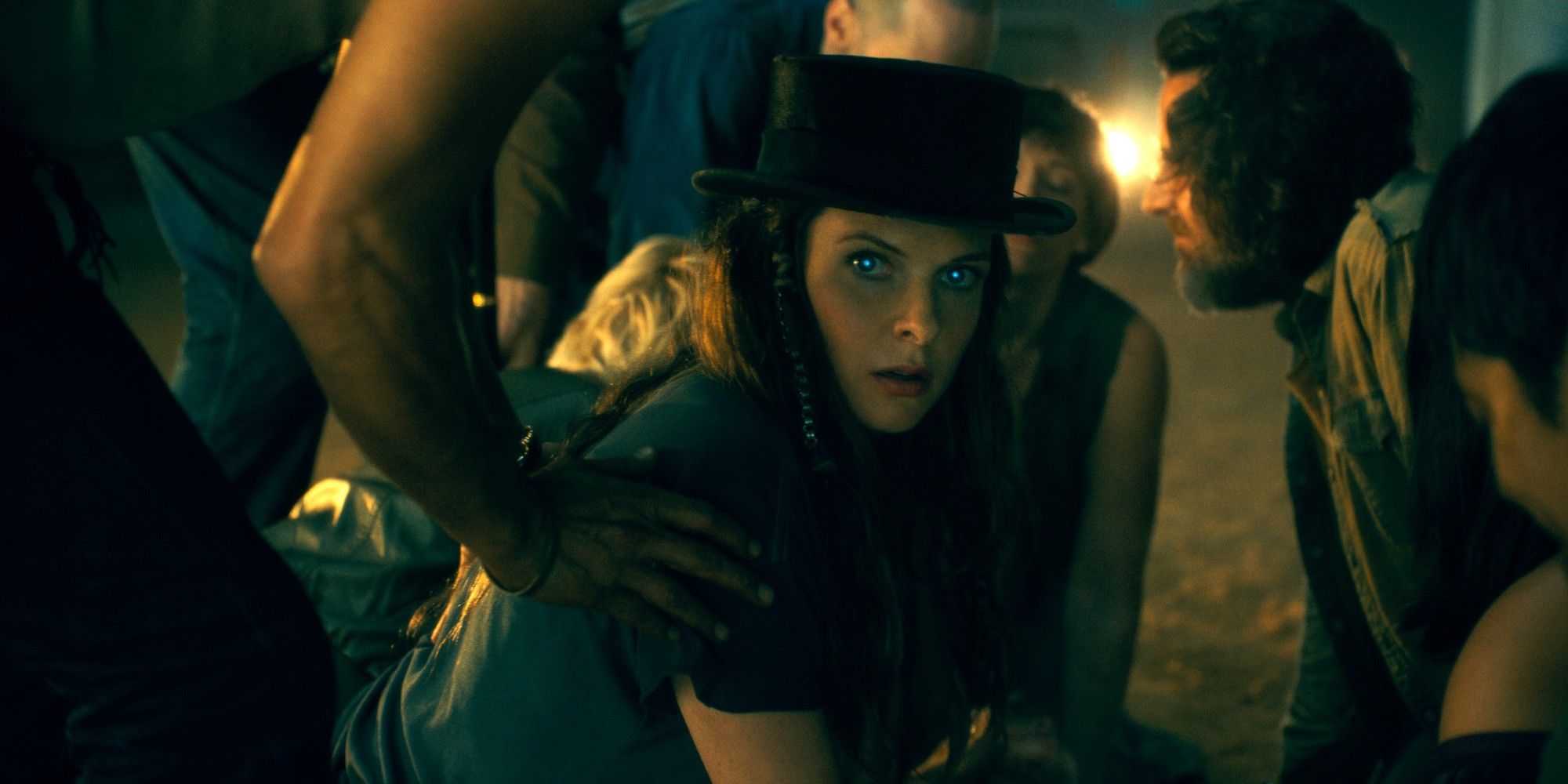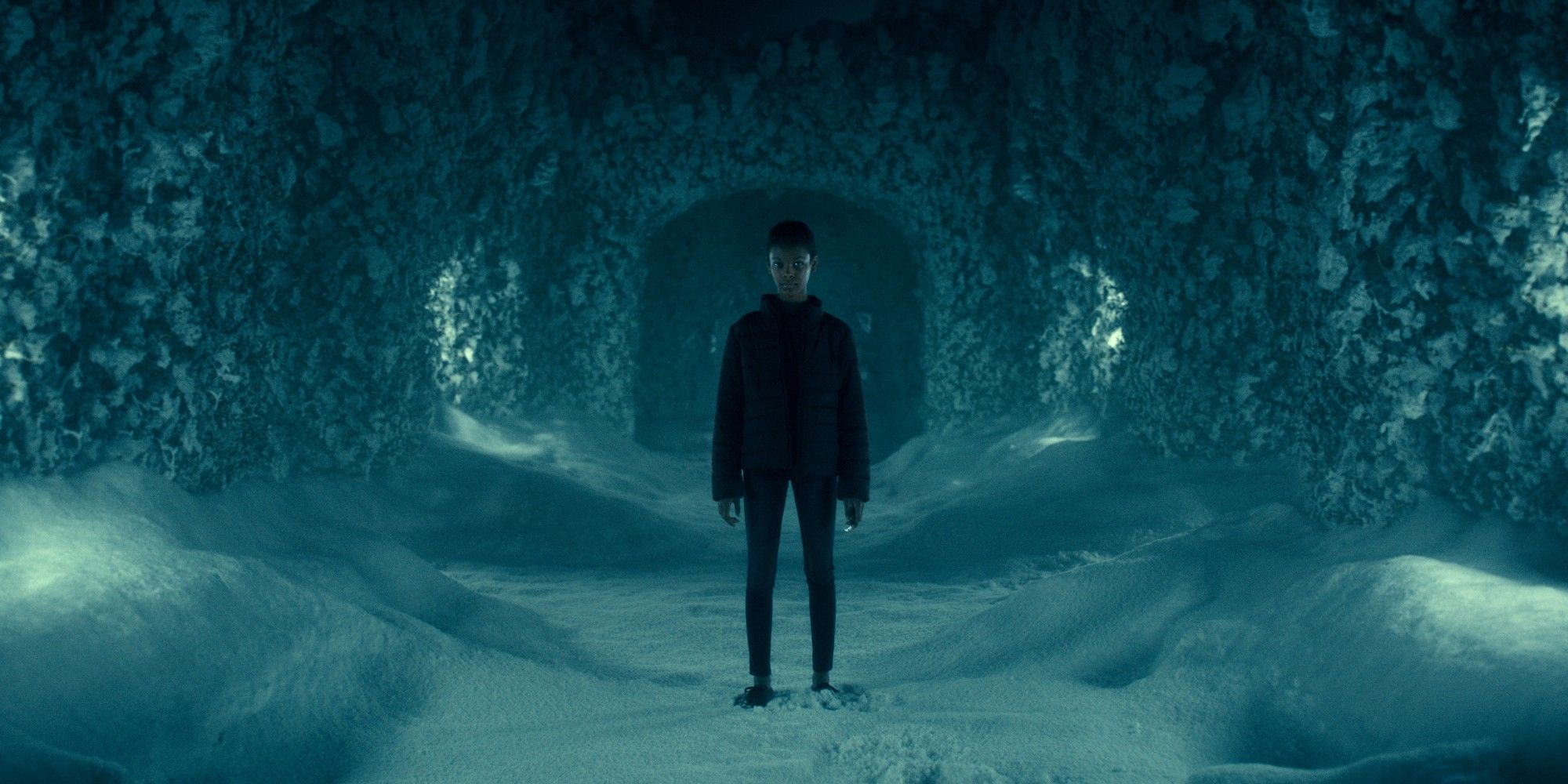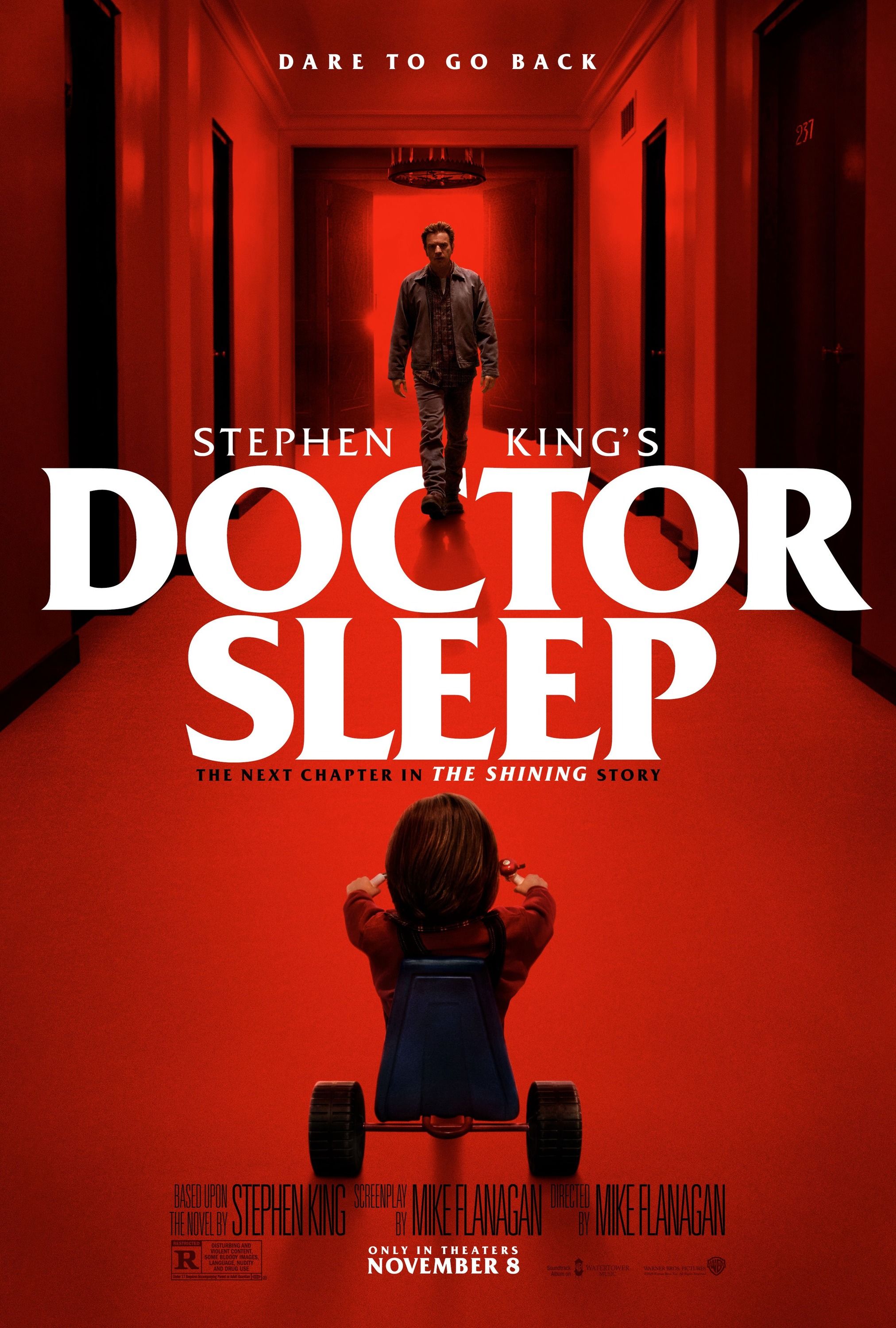Although it has trouble reconciling the differences between King and Kubrick's The Shining, Doctor Sleep is an affecting horror drama on its own.
Stephen King is not a fan of Stanely Kubrick's The Shining (as he's perfectly happy to tell you), and has reason not to be. Kubrick's film not only plays down the primary themes of King's original novel, it also makes its central character, Jack Torrance, into less of a tragic figure that he was in the book, and seems to regard the story's humans in general as little more than insects with no real say in their fates. This is worth mentioning since the big screen adaptation of King's Doctor Sleep acts as a sequel to both The Shining novel and movie, in addition to being an interpretation of its source material. It's a high bar to clear, but one the film does with a good deal of finesse (even if it slips a bit towards the end). Although it has trouble reconciling the differences between King and Kubrick's The Shining, Doctor Sleep is an affecting horror drama on its own.
Ewan McGregor stars in Doctor Sleep as a grown-up Danny Torrance from The Shining. As an adult, Danny is traumatized by the events of his childhood and becomes an alcoholic (like his dad) to suppress his Shining. He eventually finds his way to Frazier, New Hampshire, a small town where he joins AA and takes a job at a hospice, using his powers to comfort its dying patients. There, Danny is contacted by Abra Stone (Kyliegh Curran), a teenager with powerful Shining abilities that make her a target for the True Knot - a semi-immortal cult that hunts and murders kids who Shine to stay alive - and its leader, Rose the Hat (Rebecca Ferguson). But rather than waiting to become their latest victim, Abra convinces Danny to join her in bringing the fight to Rose... even if he has to reawaken the demons of his past along the way.
In the hands of writer-director Mike Flanagan (Gerald's Game, Haunting of Hill House), King's Doctor Sleep makes for a somber reflection on the lingering effects of childhood trauma and addiction by way of the horror genre. Michael Fimognari's cinematography and The Newton Brothers' score give the film the same chilly look and atmosphere as the storyteller's previous output, even as Flanagan edits Doctor Sleep in the style of Kubrick's The Shining (with scenes dissolving into one another like waves) and incorporates the familiar, yet ever haunting, sound of a relentless heartbeat throughout the movie. Doctor Sleep rarely feels like an imitation of Kubrick, though, and the times when Flanagan does recreate key moments from The Shining are typically done from a fresh perspective - namely, Danny's - in service of the story being told here (save for the third act, but more on that later). Flanagan's humanist sense of terror is a better fit for The Shining sequel than Kubrick's approach to horror anyway, so it's good that he rarely tries to truly evoke him.
Similarly, Doctor Sleep justifies its lengthy runtime by investing much of it towards fleshing out its heroes and "monsters". Danny's personal journey and budding friendship with Abra, for example, are effectively juxtaposed with the True Knot's efforts to expand their ranks and find those few who still Shine for the first half of the film. This is also the part of Doctor Sleep where McGregor gets to really excel as an actor, digging into his character's battle to overcome his self-destructive behavior and start using his powers to help others, instead. He's complimented nicely by Curran as the brave and charming Abra, with Cliff Curtis bringing additional warmth as Danny's AA sponsor, Billy Freeman, and Carl Lumbly capturing the kindly essence of Scatman Crothers as he assumes the role of Dick Hallorann (who only appears as a ghost here). On the opposite side, Ferguson is a fiendish delight as the aptly-named Rose the Hat, and gets an unexpected amount of depth and vulnerability for a villain who runs around killing children with nary a second thought.
As mentioned, however, Flanagan has trouble sticking the landing in the third act. This is the segment where Doctor Sleep has to deviate the most from its source material, in order to make sense as a continuation of Kubrick's movie. Unfortunately, it's also the act where Doctor Sleep starts to feel like a sequel in a bad way, recycling iconic visuals from Kubrick's film for the sake of nostalgia and straining to tie-in The Overlook Hotel's mythology to its overarching story. The payoff to Danny's attempt to finally make peace with his father's memory is similarly fumbled because the Jack Torrance from Kubrick's The Shining just isn't the same as the man in King's book, and the movie can't quite find a way to make up the difference. That's not to say Doctor Sleep goes off the rails (its poignant final moments still pack a punch), but it does prevent the sequel from achieving true excellence
To be frank, though, Flanagan probably does as great a job as anyone could of adapting the Doctor Sleep novel while simultaneously making a sequel to both King and Kubrick's The Shining that allows them to coexist in harmony with one another. It's a fine addition to the filmmaker's growing body of work about psychological trauma, recovery, and family overall, and keeps the larger renaissance of movies and TV shows based on King's oeuvre going strong. The revisiting of the horror icon's literature has given audience fresh takes on stories like IT and Pet Sematary of late, but Doctor Sleep is fascinating in the way it re-examines an earlier King adaptation, yet progresses its narrative at the same time. It might not shine quite as brightly as it could've, but it comes pretty dang close to being a horror classic itself.
TRAILER
Doctor Sleep is now playing in U.S. theaters. It is 152 minutes long and is rated R for disturbing and violent content, some bloody images, language, nudity and drug use.




